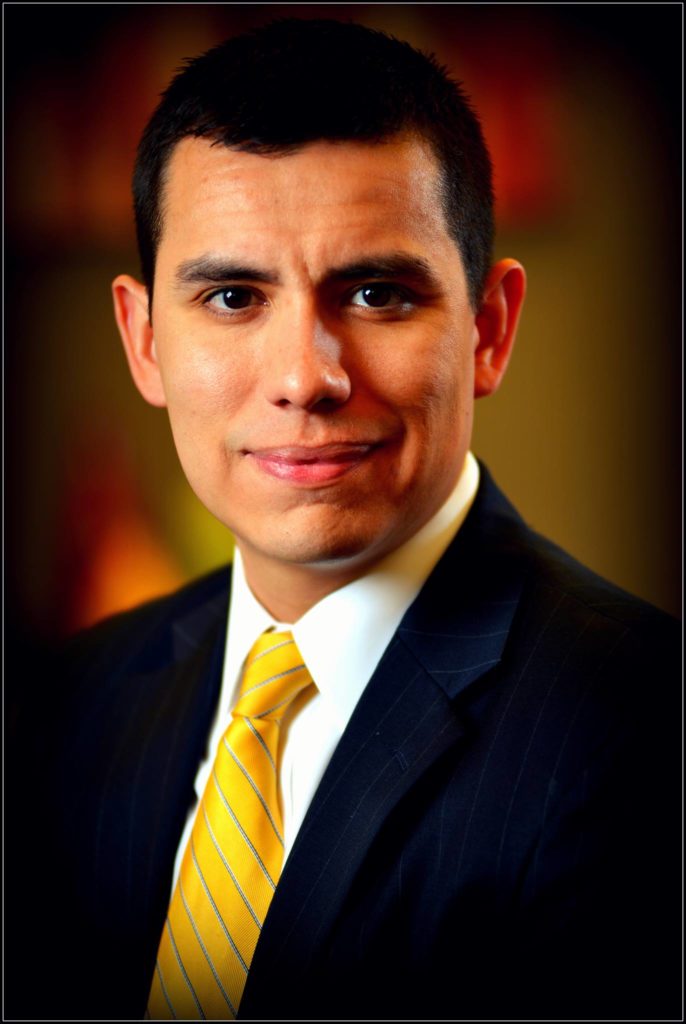As we near the half-way mark of 2020 – an election year – it is clear that politics, and, more specifically, political speech, is going to dominate water cooler discussions in many businesses across Texas. With those discussions come the chance (or risk) for impassioned and potentially fiery discussions about the direction of the country. Indeed, in March, a Pew research study discovered that the share of adults who see “strong” partisan conflicts – particularly the share who perceive “very strong” conflicts between Democrats and Republicans – is much higher today than in 2016 or 2012, when the last two presidential elections took place.
In this politically-charged environment, private employees[1] across the state may wonder what they can and cannot say in the workplace, or what they can and cannot do when “off the clock.” While no one should ever feel the need to censor themselves, employees should, at a minimum, be aware of the consequences of some of their political speech and conduct when it comes to their employment.
First Amendment Protections Severely Limited in Texas Workplaces
Texas is an “at-will” state. This basically means that, absent a statute or an express agreement to the contrary (such as an employment contract), a Texas employer may modify any of the terms or conditions of employment, or terminate the relationship altogether, for any reason, or no particular reason at all, with or without advance notice. The general exceptions to this rule are that a discharge or adverse employment decision cannot be based upon a person’s race, color, religion, gender, sex, age, national origin, disability, or citizenship.[2] In addition, no person may be discharged because the person is engaging in some statutorily protected activity (e.g., filing a wage claim, etc.).
In “at-will” states such as Texas, because you can be fired for any reason at all, an employer may fire you for political speech and/or conduct, whether done at work or off-the-clock. Texas and federal courts have not construed such speech as a purely protected activity in the context of private employment. Therefore, an employee’s participation in such speech or conduct does come with risks.
Some Speech is Protected under the National Labor Relations Act
Some speech that might be described as at least partly “political” is specifically protected and may not form the basis for termination, such as what may be referred to as “union speech.” Specifically, Section 7 of the National Labor Relations Act (NLRA) grants the following protected right to all private-sector, non-supervisory employees: “…to engage in… concerted activities for the purpose of collective bargaining or other mutual aid and protection.” Accordingly, under the NRLA, employers may not “interfere with, restrain or coerce employees in the exercise of” the employee’s section 7 protected rights. Section 7 has been given a wide berth by courts, as “mutual aid and protection” is generally read to include any employee-interested motivation, such as concerns on compensation, hours, working conditions, supervisors, and workplace policies.
Is Speech the Only Basis?
Even where an employer discharges an employee for certain unprotected speech or conduct, an employee may still have grounds to challenge the discharge if there were additional unlawful reasons for termination and the speech at issue was merely a pretext. For example, if a black employee attends a political rally and is fired because the employer finds out, but a similarly-situated white employee is not fired for attending a counter-rally, the termination may be determined to be discriminatory. Any challenge to an employer’s decision will depend on the facts surrounding the termination, and an employee who questions the motivations of their employer’s adverse action should consult with a labor attorney as soon as possible to ascertain their rights.
Do Not Be Silent, But Be Wise
St.
Catherine of Siena once said, “[p]roclaim the truth and do not be silent
through fear.” While speech protections
for Texas employees are indeed limited in the private workplace, employees need
not let that fact silence them entirely. Instead, employees should be smart and
cautious about their political participation. Employees may even seek to start
a dialogue with their employers to see what may and may not be tolerated. In
this political climate, which is filled with harsh words and criticism, an
olive branch from an employee to an employer, or vice versa, seeking to arrive
at an understanding, would be a refreshing change of pace.
[1] A public employee is an employee or appointed officer other than an independent contractor who is paid to perform services for a state or local governmental entity.
[2] In addition, on June 15, 2020, the Supreme Court ruled that Title VII of the Civil Rights Act, which prohibits sex discrimination, protects gay and transgender workers from discrimination in the workplace, including termination. Read the opinion here.

Nathanial Martinez is a civil litigation attorney in Dallas, Texas who focuses on commercial real estate, construction, and employment law at his firm Palter Sims Martinez, PLLC. He expressly incorporates herein all disclaimers of all law firm blogs everywhere. These are his opinions, not the opinions of his firm or clients, so do not cite any part of this post against him in an actual case. Every case is different, so do not rely on this post as legal advice for your case.